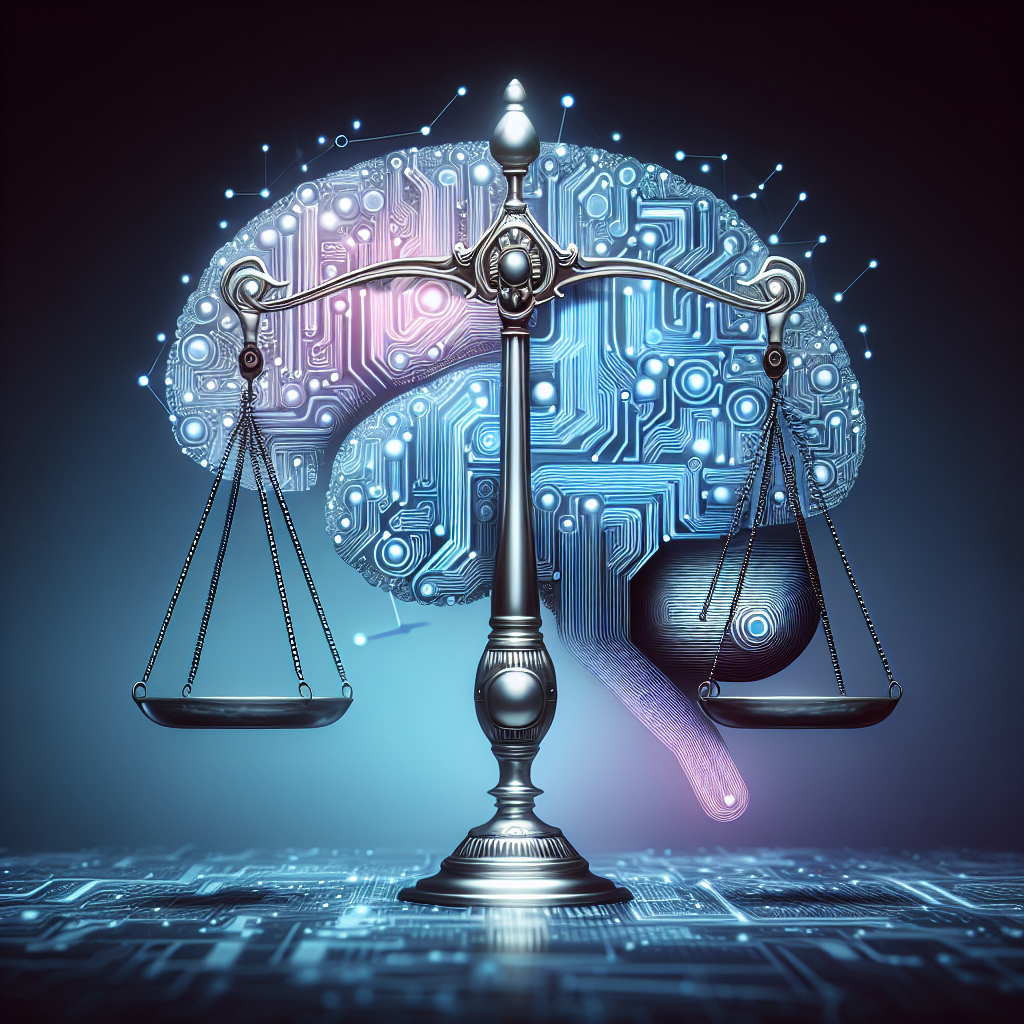In recent years, the legal industry has seen a significant shift towards leveraging artificial intelligence (AI) for predictive analytics in legal cases. This technology has the potential to revolutionize the way lawyers and legal professionals approach case preparation, strategy development, and decision-making. By harnessing the power of AI, legal professionals can gain valuable insights into the potential outcomes of legal cases, allowing them to make more informed decisions and improve their chances of success.
Predictive analytics involves using data, statistical algorithms, and machine learning techniques to identify patterns and make predictions about future events. In the legal context, predictive analytics can be used to analyze large volumes of legal data, such as case law, court rulings, and legal documents, to predict the likely outcome of a legal case based on past precedents and trends. This can help lawyers and legal professionals to better understand the strengths and weaknesses of their case, anticipate potential challenges, and develop more effective legal strategies.
One of the key benefits of leveraging AI for predictive analytics in legal cases is the ability to streamline the case preparation process. By automating the analysis of legal data, AI can help lawyers and legal professionals to quickly identify relevant precedents, legal arguments, and case strategies, saving time and resources. This can be particularly valuable in complex cases where there is a large amount of legal data to review and analyze.
Another advantage of using AI for predictive analytics in legal cases is the ability to improve decision-making. By providing lawyers with insights into the likely outcomes of legal cases, AI can help them to make more informed decisions about how to proceed with a case. This can help to minimize the risk of unexpected outcomes and increase the chances of success for their clients.
Additionally, AI can help lawyers to better understand the strengths and weaknesses of their case, allowing them to tailor their legal strategies to maximize their chances of success. By analyzing past precedents and trends, AI can identify potential pitfalls and opportunities in a case, enabling lawyers to develop more effective arguments and defenses.
Overall, leveraging AI for predictive analytics in legal cases has the potential to revolutionize the legal industry by improving the efficiency and effectiveness of case preparation, strategy development, and decision-making. By harnessing the power of AI, legal professionals can gain valuable insights into the likely outcomes of legal cases, helping them to make more informed decisions and improve their chances of success.
FAQs:
Q: How does AI analyze legal data to make predictions about legal cases?
A: AI uses a combination of data, statistical algorithms, and machine learning techniques to analyze large volumes of legal data, such as case law, court rulings, and legal documents. By identifying patterns and trends in the data, AI can make predictions about the likely outcomes of legal cases based on past precedents and trends.
Q: Can AI predict the outcome of a legal case with 100% accuracy?
A: While AI can provide valuable insights into the likely outcomes of legal cases, it is important to note that no prediction is 100% accurate. Legal cases are complex and unpredictable, and there are many factors that can influence the outcome of a case. AI can help to improve decision-making and strategy development, but it is not a substitute for the expertise and judgment of a skilled legal professional.
Q: How can lawyers and legal professionals integrate AI into their practice?
A: Lawyers and legal professionals can integrate AI into their practice by using AI-powered legal analytics tools and platforms. These tools can help to automate the analysis of legal data, identify relevant precedents and trends, and make predictions about the likely outcomes of legal cases. By incorporating AI into their practice, lawyers can improve the efficiency and effectiveness of their case preparation, strategy development, and decision-making.
Q: Is AI a replacement for human lawyers in the legal industry?
A: No, AI is not a replacement for human lawyers in the legal industry. While AI can provide valuable insights and analysis, it is important to remember that legal cases are complex and require the expertise and judgment of skilled legal professionals. AI can help to augment the capabilities of lawyers and legal professionals, but it is not a substitute for human intelligence and expertise.

